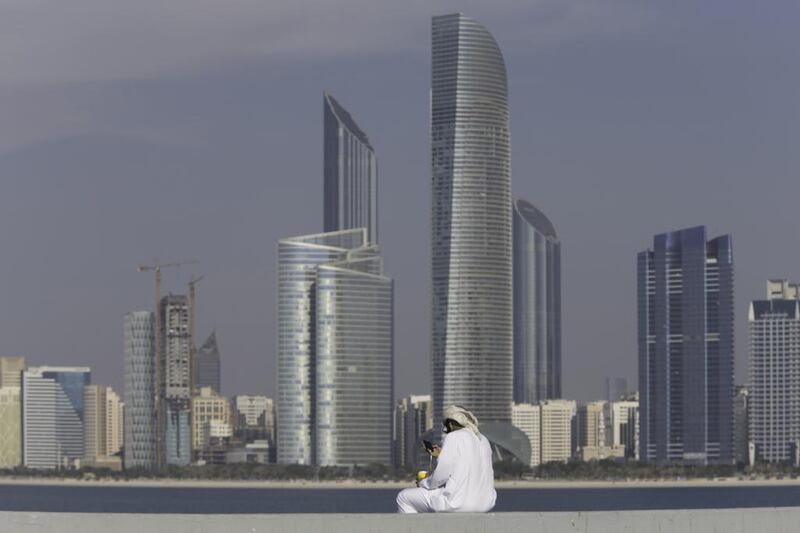Many people in the world own their own home. According to a variety of sources, home ownership rates in Europe, for example, vary from 53 per cent in Germany all the way up to 96 per cent in Romania. By comparison, the United States comes in at 65 per cent and India 86 per cent.
There are many reasons to own the place you live in; some people inherit or simply fall in love with it while others want to make their mark on the property by renovating. There are also those that like to put their money into something they can touch (bricks and mortar) and even more that think they can make money by buying at the bottom and selling at the top.
As a real estate agent my job is to sell those intangible factors that makes someone fall in love with a property but even more than that I like the fact buying makes financial sense. Personally I am more of a mathematical person; I come from an investor background and I like to sit down and go over the sums with my clients. Almost universally they are shocked at how a home is actually a yielding financial investment.
Those that have made money from property in the past nearly always say it is because the property went up in value. Naturally, one of the main reasons people like to buy investment property is to take advantage of these price moves.
But, like purchasing shares on the stock market, many buyers do not realise that the investment will actually bring in more consistent yields from the dividend than the price increase. To benefit from a price increase you need to be a stock picker (be able to know which way the market will go), but to benefit from the dividends you just need to hold it.
An important thing to note is that it almost always makes sense to buy the house you live in, even in average market. Why? Because if you take everything into account, even if your property does not appreciate in value by one dirham, it could almost halve your rent.
________
Read more:
[ Real estate the best asset class of the moment but gold could be the next crypto ]
[ Why every long-term expat should buy a property in the UAE ]
[ Should UAE residents focus on retirement or paying down their mortgage? ]
The expensive bills you can now pay monthly in the UAE
_________
Here is an example of a one-bedroom apartment on sale in Abu Dhabi for Dh1 million, renting for around Dh70,000 per year with service charges of Dg10,000. A 6 per cent net return on property in the UAE is not that hard to find, even across villas and larger apartments.
I will assume a buyer with a 25 per cent deposit of Dh250,000 has the remaining Dh750,000 financed at 4 per cent over 25 years. So how will buying almost halve your rent?
Your first saving is when you consider your rent against what your bank repayments would be. It is a simple calculation: the rent on this particular unit is Dh70,000 per year if you are a tenant. If you buy it your finance repayments would be only Dh48,000 per year. As you are an owner you will have to pay an extra Dh10,000 in service charges making Dh58,000 in total, a saving of Dh12,000 per year, effectively a 17 per cent reduction on your rent.
This is the bare difference between being a tenant and an owner. While 17 per cent is nice, it is not half your rent, so how do you get that extra bit?
If you own your own property, then in the first year about one third (or Dh18,000 in our example) of your finance payments to the bank goes to paying off the principal of your loan (the other two thirds or Dh30,000 is interest payments). You can search for a mortgage amortisation schedule online and put in the numbers to see. This is money essentially going into your pocket as it is taken off the amount you owe the bank, so when you sell the unit, even at what you bought it for, you get to keep this.
So to recap, instead of paying Dh70,000 in rent - if you buy you pay Dh48,000 in finance charges and Dh10,000 in service charges, a total of Dh58,000. You then get a credit of Dh18,000 by reducing your loan amount by that amount, which is realised upon sale. So instead of outgoings of Dh70,000 you are now only losing (after the credit for the loan principal repayment) Dh40,000 - almost half the amount of your rent.
While you may fear that if you buy today then tomorrow you will have lost money on your investment - the wonderful thing about property is you only gain or lose on the value when you actually sell it. And if it is making you money, why sell it? If you do then make sure you control when you sell, such as using property management if you leave the country.
Ben Crompton is the managing director of Crompton Partners Estate Agents






